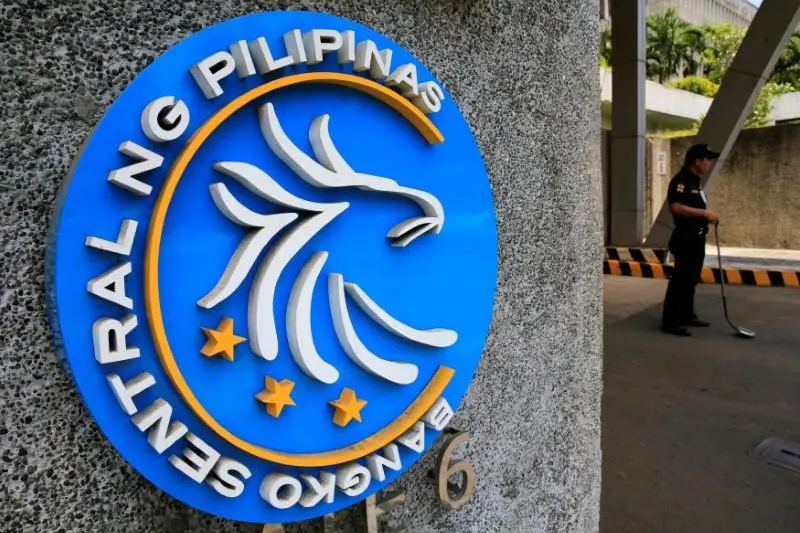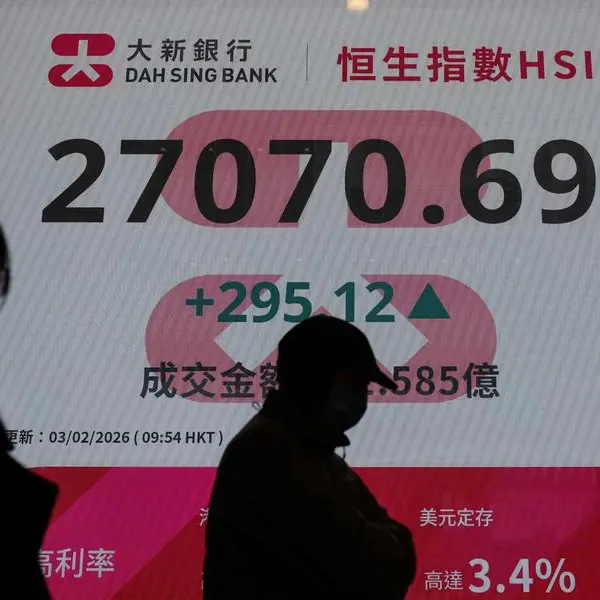PHOTO
MANILA - The Philippine central bank on Thursday cut its key interest rate for the first time in nearly four years, saying it expects to further lower borrowing costs this year to support the economy as inflation eases.
The Bangko Sentral ng Pilipinas (BSP) reduced its target reverse repurchase rate by 25 basis points to 6.25%, its first rate cut since November 2020.
BSP Governor Eli Remolona said inflation is expected to return to its 2% to 4% target for the rest of the year even as consumer prices picked up to 4.4% in July.
"With inflation on a target-consistent path, the current macroeconomic outlook supports a calibrated shift to a less restrictive monetary policy stance," Remolona said.
Another rate cut could come on Oct. 17 or Dec. 19, the last two monetary policy-setting meetings of the Philippine central bank, Remolona said.
ING described Thursday's move as "a brave call", with the BSP becoming one of the first Asian central banks to cut rates apart from China and moving ahead of anticipated cuts by the Federal Reserve.
Baseline inflation forecasts were slightly raised to 3.4% this year from 3.3%, but trimmed to 3.1% in 2025 from 3.2%. Inflation is seen averaging 3.2% in 2026, the BSP said.
Prior to the rate cut on Thursday, BSP has held its policy settings steady for six straight meetings since November. It also raised rates by a total of 450 basis points between May 2022 and October 2023 to rein in inflation.
Economists polled by Reuters were divided on how the BSP would move, with 13 of 24 forecasting the key interest rate would be held steady at 6.50% and the other 11 expecting a 25 basis point cut.
The policy decision followed data last week showing the economy grew 6.3% in the second quarter from a year earlier, boosted by government spending and investments growth.
Consumer spending, however, grew just 4.6% in the second quarter and declined 0.1% on a quarterly basis as inflation and tight interest rates weighed on consumption.
Nicholas Mapa, an economist at Metropolitan Bank and Trust Co. in Manila, said the BSP could further ease rates for the remainder of the year.
"We expect two more cuts in 2024," Mapa said on the social media platform X.
Robert Dan Roces, chief economist at Security Bank in Manila, said "the peso's recent strength provides the BSP with more room to manoeuvre on monetary policy without risking significant currency depreciation."
The Philippine peso rose 0.09% to close at 56.9 per U.S. dollar.
(Reporting by Mikhail Flores and Neil Jerome Morales; Editing by John Mair)




















